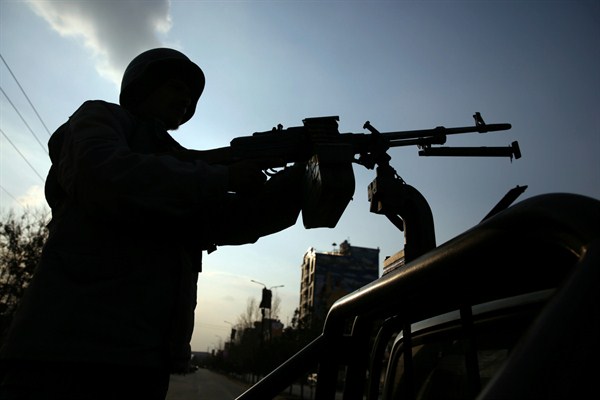There have already been many military maneuvers, political pivots and plot twists since the U.S. inked a peace deal with the Taliban late last month. But the one development that could finally bring a measure of clarity to Afghanistan in the long term is the International Criminal Court’s decision on March 5 to approve opening a full investigation into allegations that U.S., Taliban and Afghan government forces committed systematic abuses during the nearly 20-year-long war.
For Afghanistan, the ruling issued by the ICC’s Pre-Trial Chamber reversed the court’s earlier, mystifying decision last April to deny the request of the ICC’s chief prosecutor, Fatou Bensouda, to open an inquiry into alleged war crimes. For the court itself, the decision is possibly the strongest step it could take to restore its fragile international credibility. After years of laboring under a cloud of accusations of bureaucratic ineptitude and political bias, the ICC, in theory at least, now has all the running room needed to take on the world’s biggest superpower.
The decision by the international tribunal in The Hague kicked off a busy week for Afghanistan. Monday marked the swearing-in of not one but two Afghan presidents—incumbent Ashraf Ghani and rival Abdullah Abdullah. On Tuesday, the U.N. Security Council, at the urging of the United States, passed a resolution that blessed the U.S.-Taliban deal and the start of intra-Afghan talks. Meanwhile, former Secretary of State Hillary Clinton and Ghani’s wife, Rula Ghani, reassured Afghan women at a U.N. meeting held the same day that they had earned their seat at the negotiating table. Only hours later, Zalmay Khalilzad, the White House’s special envoy for peace negotiations, announced a breakthrough in securing a much ballyhooed prisoner exchange between the Afghan government and the Taliban.

